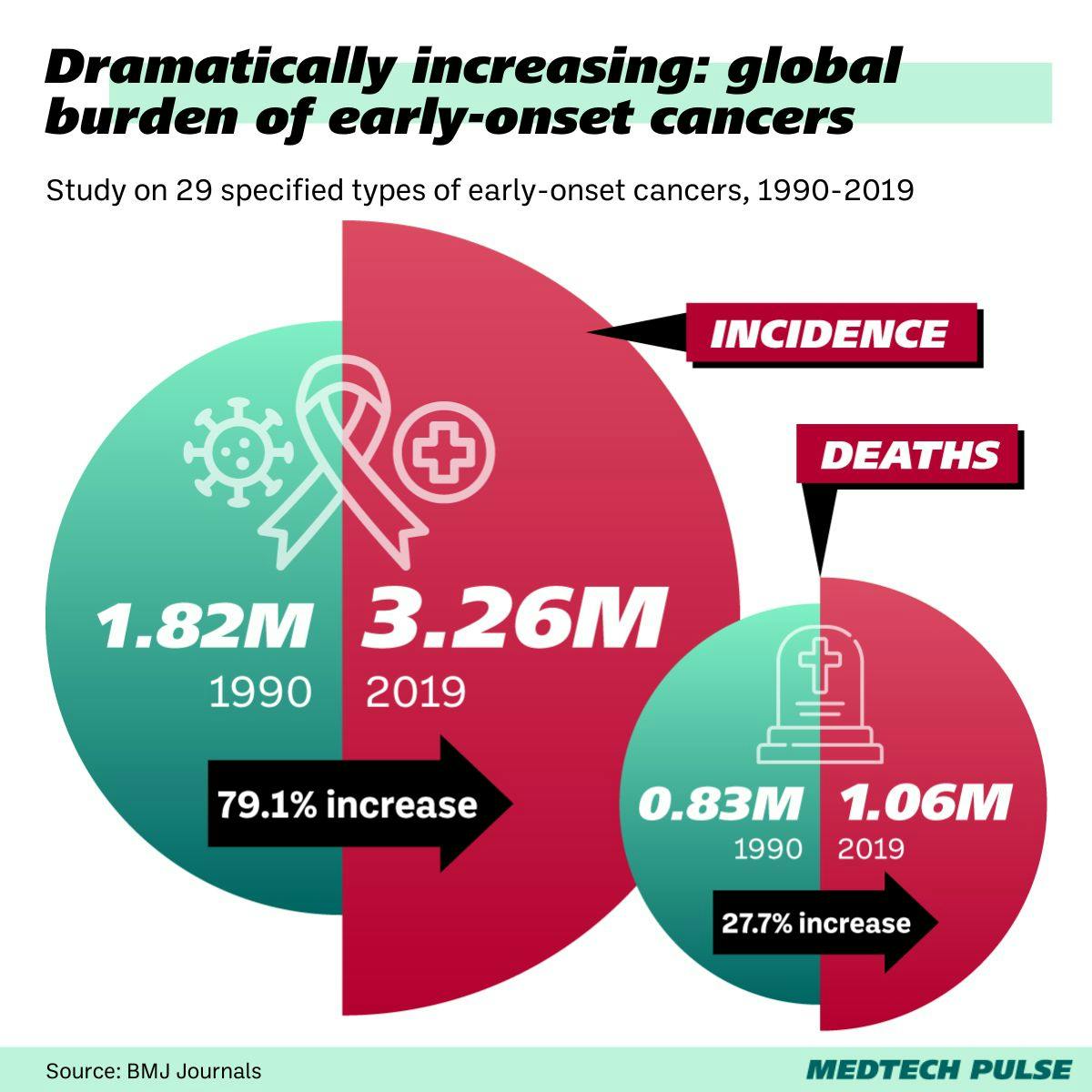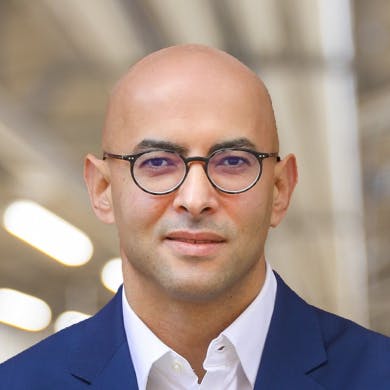Too many assumptions about AI and longevity
If you know me, you know I’m very interested in the longevity space. So, it’s no surprise that I’ve been thrilled by how cellular aging research has taken off in the past few years.
These two recent headlines are just a quick snapshot of the fascinating findings in this space:
- Pregnancy may speed up biological aging
- The rise in early cancers may be connected to how younger people’s cells are aging faster
Let’s admit it. At face value, both of these headlines are alarming. Before we move on, let’s clarify what these findings really mean.
The pregnancy study actually adds to the growing evidence that cellular aging isn’t linear. Researchers found that, while pregnancy does accelerate the buildup of cellular damage and dysfunction, many of these effects are reversed after delivery—especially for breastfeeding mothers.
The study linking accelerated aging and cancer risk found that people born after 1965 were likelier to have a biological age higher than their chronological age. And the patients identified with this higher level of accelerated aging had a higher risk of developing early cancers—a worrying trend we’ve been watching for some time.

Both of these studies identify trends, but not explicit causes. Their findings cannot be applied to interventions for individual people—yet.
They also should not make any individual patient panic about the implications for their health.
Ultimately, the projects longevity researchers are working on bring us a step closer to being able to use their findings in interventions, like those being pursued by many longevity startups.
As this field is in a pioneering phase, we must remember to temper our assumptions and reactions to its findings. It can be tempting to get overexcited about potential longevity interventions becoming the new standard of preventive health. At the same time, it is easy to be cynical, especially when the longevity-related headlines much of the public is exposed to are the unrealistic, expensive longevity habits of tech moguls who wish to be younger forever.
As with AI, we must balance being optimistic about this field’s potential—and being clear in communicating what we don’t yet know and can’t yet do. Our lead Insight this week, which covers an STI detection app, is a perfect example of why this matters.
It would be a shame for longevity or AI to be reduced to buzzwords, obscuring the awe-inspiring science and innovations in these spaces.
Personally, I can’t wait to see what healthcare applications come next.
